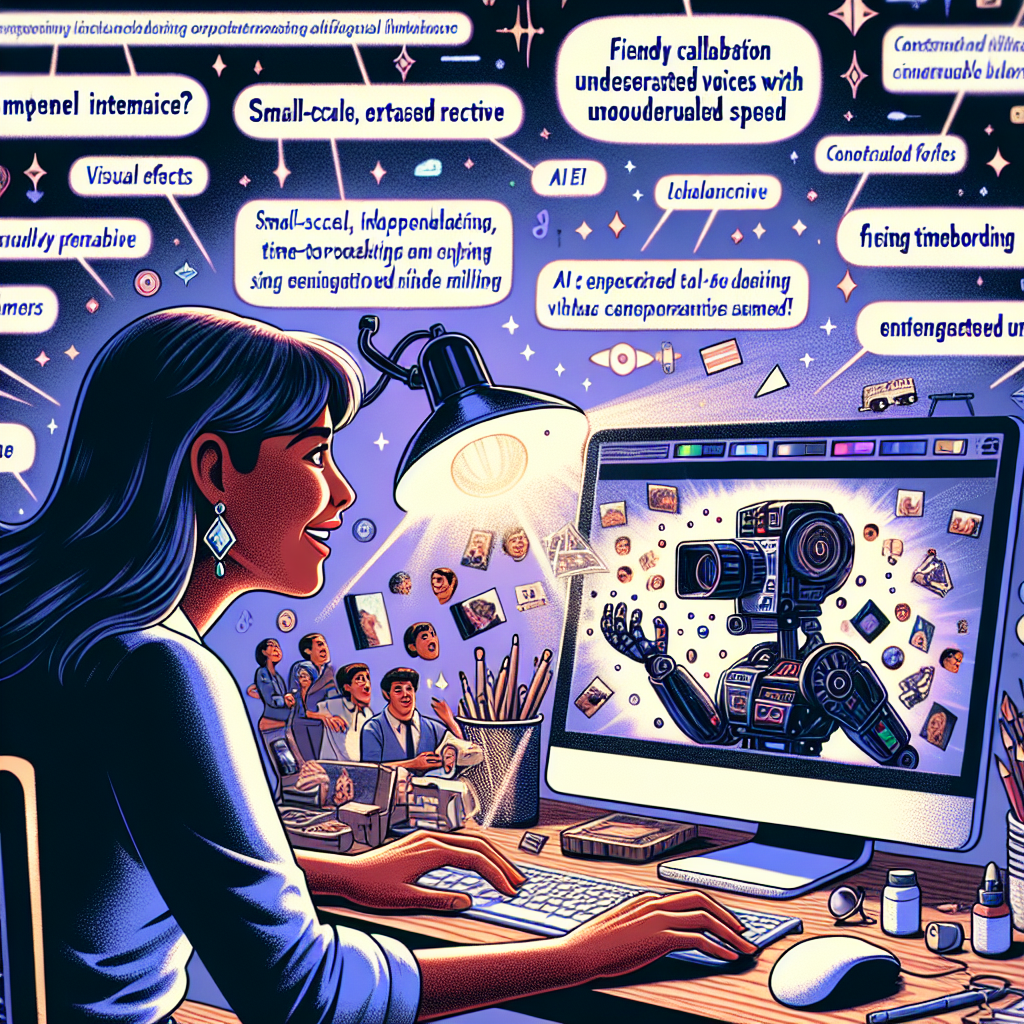In the digital writing age, flashy AI writing assistants sit just a keystroke away—fixing grammar, predicting phrases, even rewriting our sentences. But are these tools helping us become better writers, or just more uniform ones?
The Comfort—and Risk—of Convenience
Typing out a sentence and watching AI recommend the next best phrase feels convenient. Yet, that same suggestion might reflect how everyone else phrases similar ideas. Over time, relying solely on autocomplete or auto-editing may end up flattening personal voices into one bland, algorithm-approved tone.
Choosing Your Words: Dictionary vs. Algorithm
As highlighted in a New York Times opinion piece, flipping through a physical dictionary demands mental engagement. You’re not just selecting a word—you’re exploring meaning, nuance, tone. This personal journey cultivates a richer, more deliberate writing process.
AI tools, on the other hand, often function more like autopilot. They offer what’s typical, statistically common, or contextually “safe.” But creativity doesn’t thrive on safe—it thrives on risk, on surprise, on quirks of personality that don’t always pass algorithmic muster.
Your Voice Isn’t a Data Set
Language is more than clarity; it’s rhythm, tone, and intent. AI editors can polish, but they can also scrub out idiosyncrasies that make your writing yours. If everyone uses the same writing assistant, are we at risk of sounding the same?
The Case for Mixing Old and New
This isn’t an anti-technology rant. AI tools can be helpful—especially for catching typos or simplifying dense writing. But don’t retire your dictionary just yet. Using both tools in tandem might be the key: let AI check your grammar, but let your instincts—and maybe that old red Merriam-Webster—guide your voice.
Bottom line: Every writer deserves a voice that sounds unmistakably like their own. Tools can help, but don’t let them take the wheel completely.
“`



